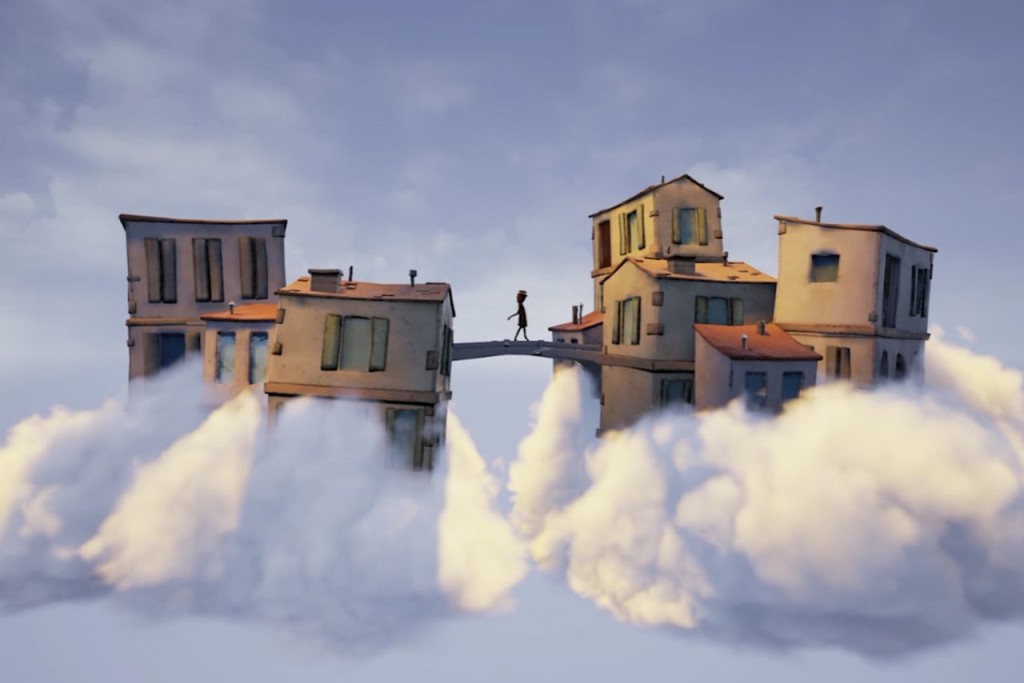The Tribeca Film Festival kicks off tomorrow in New York City, and this year promises to showcase an incredible collection of independent films, red carpet premieres, and other entertainment. However, one exhibition that is almost certain to steal the show will be the Experimental Storytelling showcase, which will include a Virtual Arcade in addition to exhibits like the fourth annual Storyscapes, and both will heavily feature VR. In keeping with the theme of entertainment and technology, USA Network is bringing the underground hacking conference, DEF CON, back to the Tribeca Film Festival in an event called, “Hacked by DEF CON and Mr. Robot,” which is bound to go far in promoting the TV show.
Loren Hammonds, programmer and live events producer at Tribeca Film Festival, speaks to [a]listdaily about the Experimental Storytelling showcase and how virtual reality might impact the future of entertainment.
 What is the virtual reality showcase all about and how did it become part of the Tribeca Film Festival?
What is the virtual reality showcase all about and how did it become part of the Tribeca Film Festival?
We’ve been supporting creators of virtual reality through our Tribeca Film Institute initiatives since 2011. We first presented VR as an official part of the festival in 2012. As our Storyscapes platform gained recognition and more creators began to work in VR, it became apparent that this would be a logical extension of Tribeca’s mission to celebrate storytelling in all of its forms.
There is virtual reality work that can be experienced every day at the Festival Hub at Spring Studios—in Storyscapes, presented by AT&T (April 14-17) and the Virtual Arcade, presented by AT&T (April 18-23) as well as at TFI Interactive, an all-day immersive event (April 16).
What are some of the big exhibits attendees can look forward to?
We’re so excited by our programming this year. We’ve got some exceptional mobile pieces, like INVASION! from Baobab Studios. It’s a fun project from the creator of Madagascar, which we think will be a highlight. This will also be the first opportunity for a lot of our audience to experience tethered VR. One project that I’m sure people will be talking about is Penrose Studios’ Allumette, a beautiful piece based on Hans Christian Andersen’s The Little Match Girl. They have truly created a world to explore with this piece, and it’s remarkable.
How do exhibits like the Virtual Arcade and programs like Hacked by DEF CON and Mr. Robot fit into how the Tribeca Film Festival has grown and evolved over the years?
The Virtual Arcade is a perfectly natural evolution of our Festival, as is Hacked. We’re focusing on the collision of technology and storytelling. The team behind Mr. Robot wants to support our partners at DEF CON to reveal the reality of the hacking that’s portrayed in their show. With the Virtual Arcade, we’re seeing many different types of creators using a new medium to tell stories in both narrative and documentary. It’s very exciting as the platform evolves.
What kind of impact is virtual reality technology making on entertainment?
It’s allowing some traditional filmmakers a brand new way to share their stories. It’s also empowering an entirely new group of creators to build the language of VR for audiences.
How long do you think it will be before virtual and augmented reality technology becomes more widely used?
Not long at all. Headsets are now readily available to consumers, and the early adopters are making way for a wider audience. There will still need to be a great deal of content created to truly make a giant dent in the public consciousness, but I believe it’s coming soon.
Virtual reality can sometimes blur the lines between cinema and video games. Do you think there will be even less of a distinction in the future?
It depends. Some people are using VR in a fashion that could be considered gaming due to the interactivity. That may increase, but I think there will be many different styles that emerge from VR advancements in the coming years. We’re already seeing fully immersive environments that could be considered interactive, with no nod to gaming at all.

